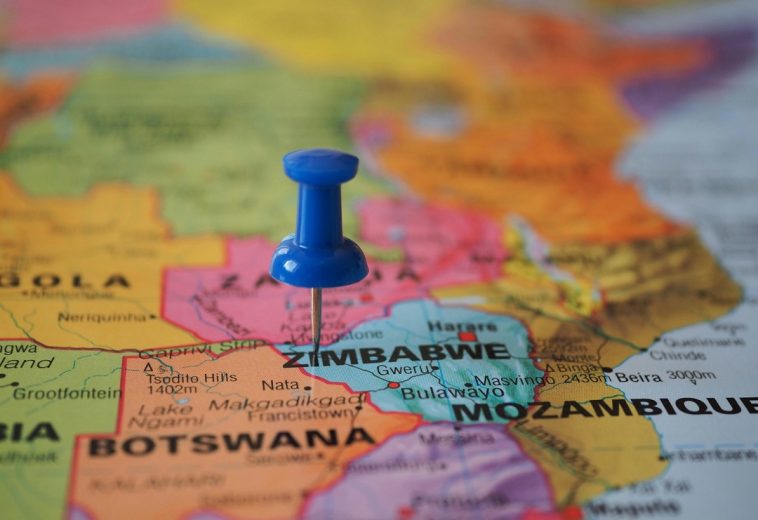In the wake of recent trade policies introduced by U.S. President Donald Trump, Nigeria has taken a proactive stance, urging fellow African nations to demonstrate resilience in the face of retaliatory tariffs imposed by some countries. The call to action came from Mr Wale Edun, Nigeria’s Minister of Finance and Coordinating Minister of the Economy, who highlighted the broader implications of these tariffs for the African region.
The introduction of reciprocal tariffs by the United States has created significant challenges for several countries across West and Central Africa. Nigeria, along with Cameroon, Côte d’Ivoire and other nations, has been directly impacted, with new tariffs averaging approximately 13.83% imposed on exports to the U.S.
READ ALSO: U.S., Kenya launch non-tariff trade and investment partnership talks
Edun articulated the pressing need for African countries to confront the consequences of these trade barriers, noting that they not only escalate the cost of exports but also hinder efforts to boost trade competitiveness and diversify economies.
Lessons on Regional Trade
Edun emphasised that the current situation serves as a poignant lesson on the importance of intra-African trade. “We need to trade among ourselves. We need to be resilient,” he stated. This call underscores a critical shift towards strengthening economic cooperation within the continent to reduce reliance on external markets prone to adopting unfavourable trade policies.
With West and Central Africa representing a market of more than 450 million people and a combined GDP exceeding $900 billion, the potential for intra-regional trade is considerable. Yet, current figures show that such trade accounts for just around 12% of the region’s total trade volume. This contrasts sharply with 60% in Europe and 40% in East Asia, illustrating the untapped potential that could be realised through greater regional integration.
In addition to retaliatory tariffs, Edun highlighted a notable decline in foreign assistance from the U.S., particularly via USAID, which has impacted key sectors such as health and education. The abrupt reduction of development aid further exacerbates economic vulnerabilities and creates additional hurdles for progress across the region.
Urgent Need for Regional Integration
Edun reiterated the importance of accelerating regional trade integration through the African Continental Free Trade Area (AfCFTA), an agreement aimed at creating a unified continental market for goods and services.
He also underscored the necessity of strengthening domestic revenue mobilisation and investing in robust, resilient customs and trade systems. Customs administrations in the region face unique challenges in balancing trade facilitation, border security and revenue generation — challenges that demand innovative approaches and coordinated policy frameworks.
As Nigeria takes the lead in this call for resilience and collaboration, the message is clear: African nations must work together to chart a path toward economic self-sufficiency and shared prosperity. The pressures from external tariffs and shrinking foreign aid present not only challenges but also a chance to reinforce intra-African economic ties and make greater use of the region’s own resources.
Through cooperation and determination, the continent can overcome these adversities and unlock its true potential on the global stage.




